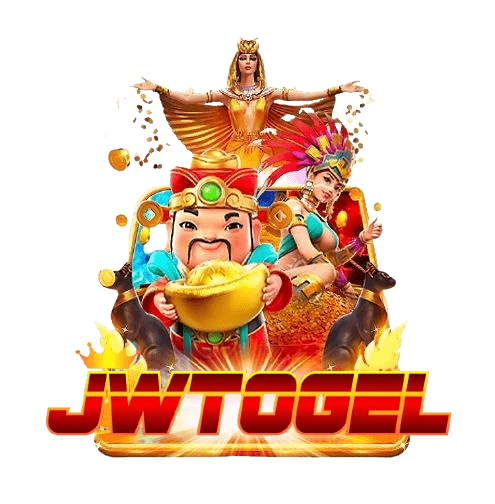Slot Via Dana
Slot Dana: Daftar Link Slot Deposit Via Dana 10000 Resmi Terpercaya
Slot Dana: Daftar Link Slot Deposit Via Dana 10000 Resmi Terpercaya
Couldn't load pickup availability
Slot Dana: Daftar Link Slot Deposit Via Dana 10000 Resmi Terpercaya
Slot dana menjadi salah satu permainan yang paling ramai dicari oleh kalangan penikmat slot saat ini, dimana aplikasi dana sangatlah membantu para penikmat slot dengan versi yang lebih berkembang dibandingkan sebelumnya karena slot deposit dana membantu para pengguna untuk mempermudah transaksi saat pengguna ingin melakukan transaksi. Saat ini pengguna ingin bermain judi online khususnya game slot tentunya sudah tidak khawatir jika tidak punya saldo dalam atm, karena dengan hadirnya aplikasi dana dapat memberikan dampak yang signifikan untuk perjudian online.
Dalam Slot deposit dana adalah salah satu partner terbaik untuk link slot terbaik dan terpercaya lantaran dengan hadirnya aplikasi dana lebih jauh mendukung dengan adanya perkembangan teknologi. Bagaimana tidak, aplikasi e-wallet maupun dompet digital Hal ini terbukti memberikan kemudahan untuk siapa saja yang ingin bermain link slot deposit dana sehingga bisa bebas dari kendala atau jadwal offline.
Selain slot deposit dana, ada beberapa aplikasi dompet digital yang bisa digunakan untuk transaksi seperti slot deposit dana, slot deposit gopay, slot deposit ovo, dan slot deposit pulsa tanpa potongan dimana dapat digunakan untuk transaksi slot. Intinya game slot menawarkan jaminan kemudahan saat bermain slot paling murah di indonesia.
Link Slot Deposit 10000 Via Dana Menjadi Pilihan Utama Pengguna
Link slot online seharusnya berterima kasih dengan aplikasi dana lantaran sudah menawarkan manfaat yang lebih kepada semua pemain slot deposit dana. Bagaimana bisa tidak, karena dengan deposit dana ini dapat membantu banyaknya pengguna yang sebelum merasa penasaran tapi saat ini sudah dapat bermain berkat hadirnya link slot deposit via dana ini. Selain hal tersebut, nominal deposit slot via dana terjangkau dimulai dari sot deposit dana tanpa potongan membuatnya dinobatkan menjadi link slot dana terkenal dengan peminat yang tinggi sekarang sehingga banyak pengguna yang daftar slot dana untuk menikmati judi online.
Deposit menggunakan bank saat ini menjadi hal yang lumayan sulit dilakukan, karena bank seringkali mengalami jadwal offline maka dari itu dengan adanya aplikasi dana pengguna sudah tidak perlu cemas, kapan saja pengguna bermain maka aplikasi dana dapat diandalkan selama 24 jam nonstop bebas dari jadwal offline juga jarang sekali mengalami gangguan teknis. Maka dari itulah link slot dana sangatlah penting juga seringkali dicari oleh seluruh pengguna.
Cara Daftar Slot Menggunakan Akun Dana Tanpa Harus Menggunakan Rekening
Keuntungan yang ada dari link slot via dana tentunya tidak hanya terletak dari penyedia transaksi deposit saja, tapi juga pengguna dapat daftar tanpa harus memiliki rekening bank. Memanglah tidak salah jika pihak link slot menawarkan virtual akun dana, dimana tidak cuma menerima deposit via dan saja, tapi menawarkan daftar akun slot menggunakan rekening dana dimana sangat gampang untuk dilakukan. Jika pengguna ingin daftar menggunakan dana, pastikan pengguna sudah menginstall aplikasi slot dana terlebih dahulu dan tidak lupa untuk melakukan peningkatan akun menjadi premium agar dapat digunakan untuk transaksi.
Teruntuk pendaftaran akun mesin slot menggunakan rekening tentunya cukup gampang, pengguna cuma perlu melakukan hal tersebut sesuai dengan data yang diminta dalam formulir pendaftaran. Yang menjadi perbedaan adalah terletak di nomor rekening saja, pengguna cuma perlu mengganti nomor rekening jadi nomor dana maka seluruh pengguna dapat melakukannya dengan gampang.
Slot Via Dana


